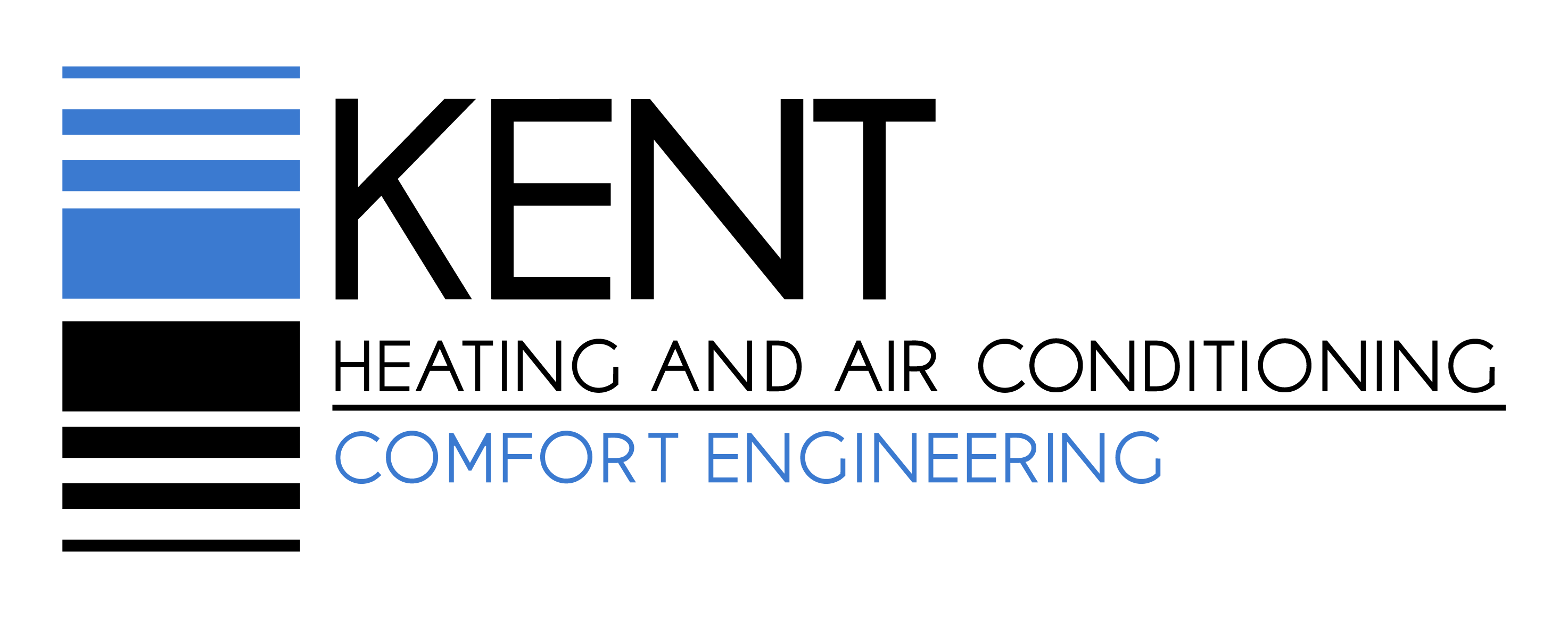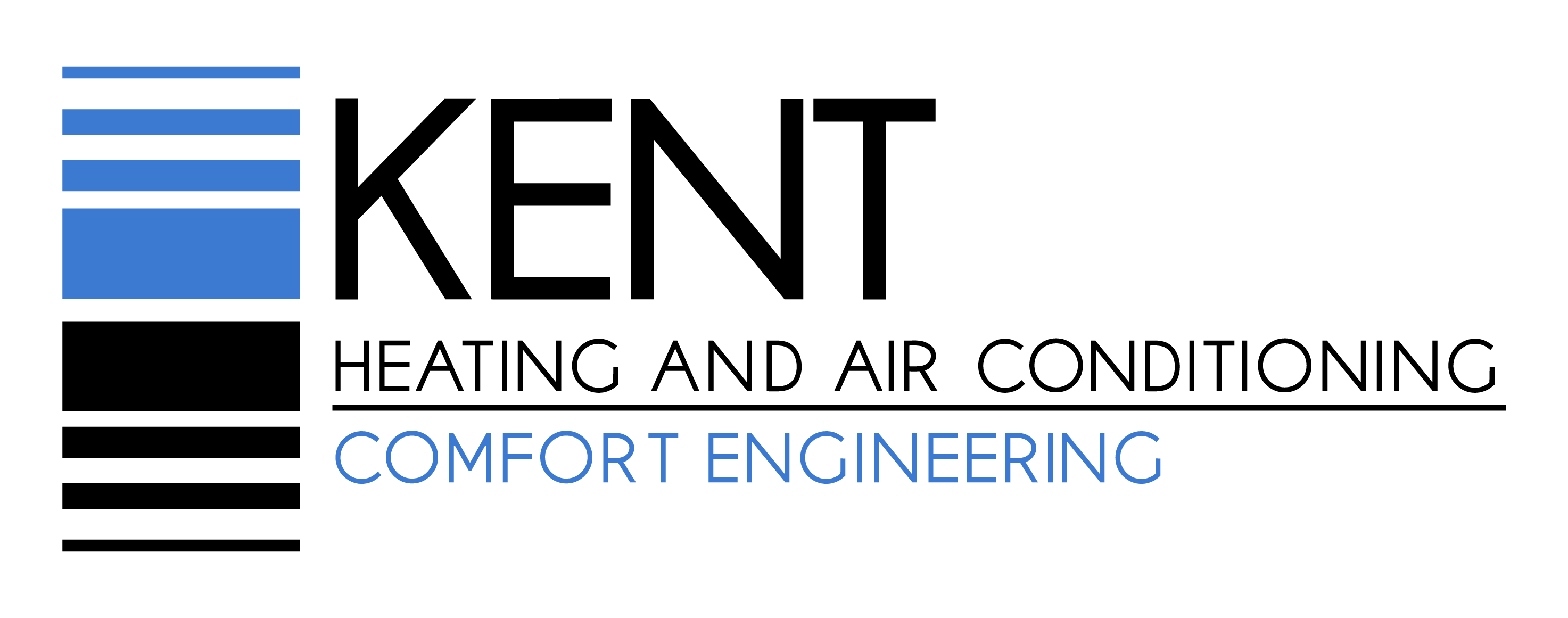What Every Homeowner Should Know: Government to Take A/C Refrigerant Off Market
Have you heard about the government phase-out of certain HCFCs (Class II Ozone-Depleting Substances)? Those very complex sounding initials and terms actually cover a lot of substances, but the one that’s most pertinent to this report relates to a product that the majority of Americans find to be cooling comfort in the summer months: HCFC-22.
The a/c refrigerant that’s been in use in most central air conditioners over the last 40 years has the chemical designation HCFC-22, is also referred to as R-22, and is also known widely by the brand name Freon.
Regardless of what you call it, here’s what the EPA says: To protect the Earth’s protective ozone layer, the United States is phasing out R-22, along with other chemicals.
As the United States phases out refrigerant R-22, you will need to make informed choices when servicing, repairing, or replacing an existing air-conditioning unit or when purchasing a new unit. EPA has banned the manufacture of new equipment that contains R-22. As a homeowner, you need to consider and balance several key factors in your decision to purchase a new unit, such as energy efficiency, performance, reliability, cost, and the refrigerant used.
The lengthy phaseout period allows you to replace your air-conditioning equipment that contains R-22 when you normally would, for instance if it becomes old, inefficient, or ineffective. Realizing that supplies of R-22 will become more limited and that the price may increase should also be factors. In the meantime, R-22 remains available for servicing equipment made before 2010.
The EPA goes on to say: In 2020, R-22 will no longer be produced or imported. After 2020, only recovered, recycled, or reclaimed supplies of R-22 will be available.
OK. So, while there’s no requirement to stop using the equipment and refrigerant that you are currently using, as the phase-out continues, R-22 will be harder to find and costs will be higher. As a homeowner, that should get you thinking. As you consider the age and efficiency of your equipment, let us help you evaluate the energy use that’s currently taking place in your home – and how the energy savings and efficiency of a new system could continue to provide cool, ozone-friendly comfort in the years to come.
Schedule your energy analysis today. Just call or email, and we’ll take care of you.
Trusted partners


















